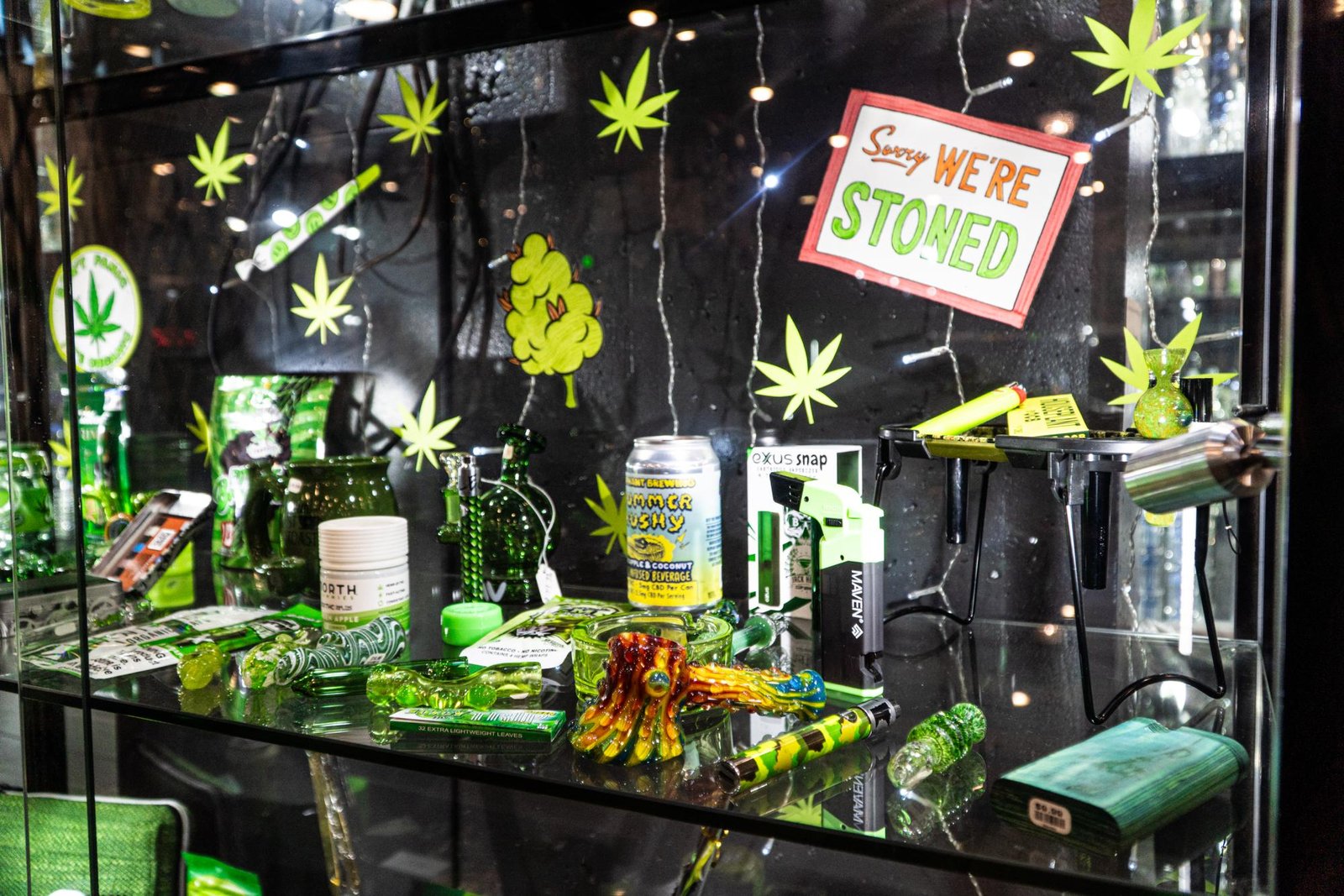The Minneapolis City Council is evaluating a new ordinance that would mandate cannabis and hemp retailers to register with the city. This ordinance aims to codify a state law passed in 2024, which stipulates that cannabis and hemp businesses must obtain a license before registering with local authorities, according to Jim Walker, a spokesperson for the Minnesota Office of Cannabis Management. Businesses lacking a license could face inspections and fines.
City staff plan to present this ordinance to the City Council’s Business, Housing & Zoning Committee on April 8. Zoe Thiel, the manager of the city’s Small Business Team, emphasized that it is the local government’s duty to ensure all businesses selling cannabis and hemp products are registered properly.
While adult-use cannabis remains unavailable in stores, THC derived from hemp plants is legally sellable, Thiel noted. Businesses must first apply for state licenses and subsequently register with the city to engage in cannabis sales. The most recent licensing cycle closed on March 24, and Walker mentioned that details for the next opening will be announced later.
Since the legalization of cannabis in 2023, Marianna Peters, manager of Hideaway in Dinkytown, reported that ongoing regulatory changes have adversely affected their sales. She explained that two years ago, any strength of delta could be sold without restrictions, but currently, only Delta-9 can be offered in 50mg quantities.
Peters expressed concern that proposed state regulations could ban many products sold at her shop, such as hemp flower disposables and THC pre-rolls. Thiel indicated that understanding the locations of cannabis and hemp businesses is crucial for ensuring compliance with age restrictions and for effective communication.
Peters highlighted the importance of ID checks to remain compliant with state and city regulations. She warned that banning certain cannabis and hemp products might push consumers to seek unsafe alternatives. “People are going to get what they want no matter what,” Peters said. “Either we sell it to them safely or they get it from somewhere else with potential added chemicals.”




